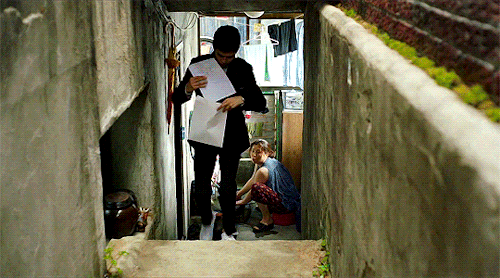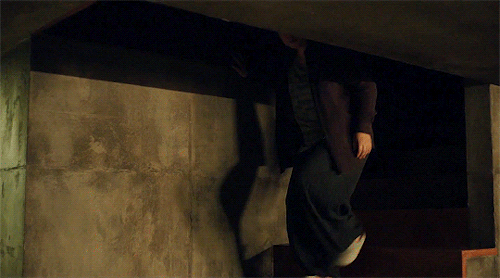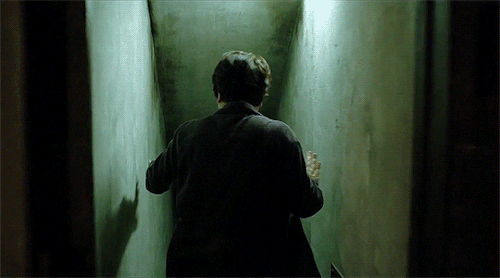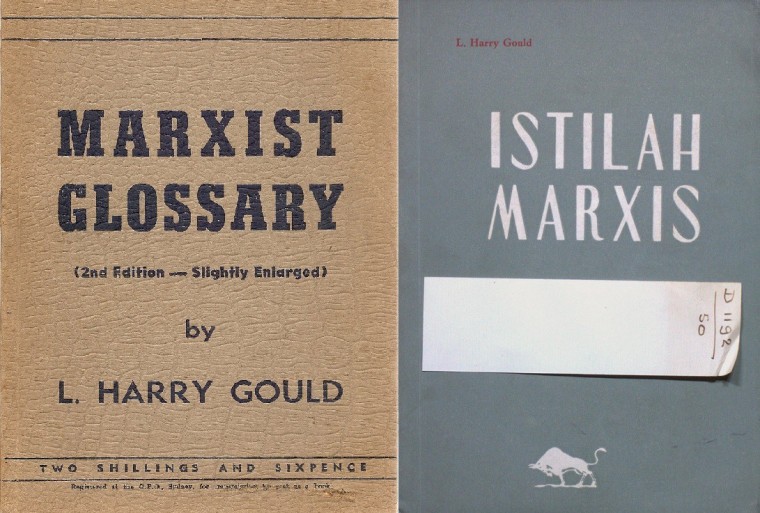In trying to gauge the coronavirus crisis, we are all struggling for historical reference points. Which is the historical example to choose? The turmoil in the financial markets and the talk of bailouts reminds us of 2008. But though the shock comes at the end of a long economic upswing, it is not organically related to that long period of growth. Some overstretched businesses are getting their comeuppance, no doubt. But even the airlines, the firms everyone loves to hate, are not to blame. It isn’t a black swan event, either. A pandemic risk was well-mapped by experts. We just chose to ignore them, all of us. And now we are making an unprecedented public policy choice to shut down the economy.
So, is it like a war? References to World War II encourage feelings of patriotic mobilization. But mobilization is precisely not our goal. Nonessential sectors would be furloughed in a war effort, too, but their workers and plants would likely be rapidly reallocated to war duty. If covid-19 were the kind of disease that required a broad-front medical mobilization, the military analogy might work better. After all, in 2020, health care, at 18 percent, already accounts for a far larger share of the U.S. economy than defense did at the time of Pearl Harbor. [continue reading]
Kurt M. Campbell and Rush Doshi
Foreign Affairs
With hundreds of millions of people now isolating themselves around the world, the novel coronavirus pandemic has become a truly global event. And while its geopolitical implications should be considered secondary to matters of health and safety, those implications may, in the long term, prove just as consequential—especially when it comes to the United States’ global position. Global orders have a tendency to change gradually at first and then all at once. In 1956, a botched intervention in the Suez laid bare the decay in British power and marked the end of the United Kingdom’s reign as a global power. Today, U.S. policymakers should recognize that if the United States does not rise to meet the moment, the coronavirus pandemic could mark another “Suez moment.”
It is now clear to all but the most blinkered partisans that Washington has botched its initial response. Missteps by key institutions, from the White House and the Department of Homeland Security to the Centers for Disease Control and Prevention (CDC), have undermined confidence in the capacity and competence of U.S. governance. Public statements by President Donald Trump, whether Oval Office addresses or early-morning tweets, have largely served to sow confusion and spread uncertainty. Both public and private sectors have proved ill-prepared to produce and distribute the tools necessary for testing and response. And internationally, the pandemic has amplified Trump’s instincts to go it alone and exposed just how unprepared Washington is to lead a global response. [continue reading]
Yuval Noah Harari
Financial Times
Humankind is now facing a global crisis. Perhaps the biggest crisis of our generation. The decisions people and governments take in the next few weeks will probably shape the world for years to come. They will shape not just our healthcare systems but also our economy, politics and culture. We must act quickly and decisively. We should also take into account the long-term consequences of our actions. When choosing between alternatives, we should ask ourselves not only how to overcome the immediate threat, but also what kind of world we will inhabit once the storm passes. Yes, the storm will pass, humankind will survive, most of us will still be alive — but we will inhabit a different world.
Many short-term emergency measures will become a fixture of life. That is the nature of emergencies. They fast-forward historical processes. Decisions that in normal times could take years of deliberation are passed in a matter of hours. Immature and even dangerous technologies are pressed into service, because the risks of doing nothing are bigger. Entire countries serve as guinea-pigs in large-scale social experiments. What happens when everybody works from home and communicates only at a distance? What happens when entire schools and universities go online? In normal times, governments, businesses and educational boards would never agree to conduct such experiments. But these aren’t normal times. [continue reading]
Henry Farrell and Abraham Newman
Foreign Affairs
The new coronavirus is shaping up to be an enormous stress test for globalization. As critical supply chains break down, and nations hoard medical supplies and rush to limit travel, the crisis is forcing a major reevaluation of the interconnected global economy. Not only has globalization allowed for the rapid spread of contagious disease but it has fostered deep interdependence between firms and nations that makes them more vulnerable to unexpected shocks. Now, firms and nations alike are discovering just how vulnerable they are.
But the lesson of the new coronavirus is not that globalization failed. The lesson is that globalization is fragile, despite or even because of its benefits. For decades, individual firms’ relentless efforts to eliminate redundancy generated unprecedented wealth. But these efforts also reduced the amount of unused resources—what economists refer to as “slack”—in the global economy as a whole. In normal times, firms often see slack as a measure of idle, or even squandered, productive capacity. But too little slack makes the broader system brittle in times of crisis, eliminating critical fail-safes. [continue reading]
Nicholas Mulder
Foreign Policy
Is the world at war with the coronavirus? Last month, Xi Jinping called the Chinese suppression effort a “people’s war”; in the past week, Donald Trump labeled himself a “wartime president,” while Emmanuel Macron declared that France is “at war” with COVID-19. As the global response to the pandemic gathers steam, the rhetoric of wartime mobilization is everywhere. In Italy, the worst-affected country in Europe, the government’s anti-virus czar has called for the country to “equip itself with a war economy” to confront the disease.
During the 2008 global financial crisis, policymakers became fond of using warlike language to describe their stabilization efforts, invoking “big bazookas” and “shock and awe.” But the total nature of the global response to the coronavirus makes the metaphor of wartime economics even more relevant today. Governments currently have to manage a public health emergency at the same time as central banks act to calm financial markets, armed forces are deployed to build hospitals, and citizens’ movements are restricted by social distancing. [continue reading]
























